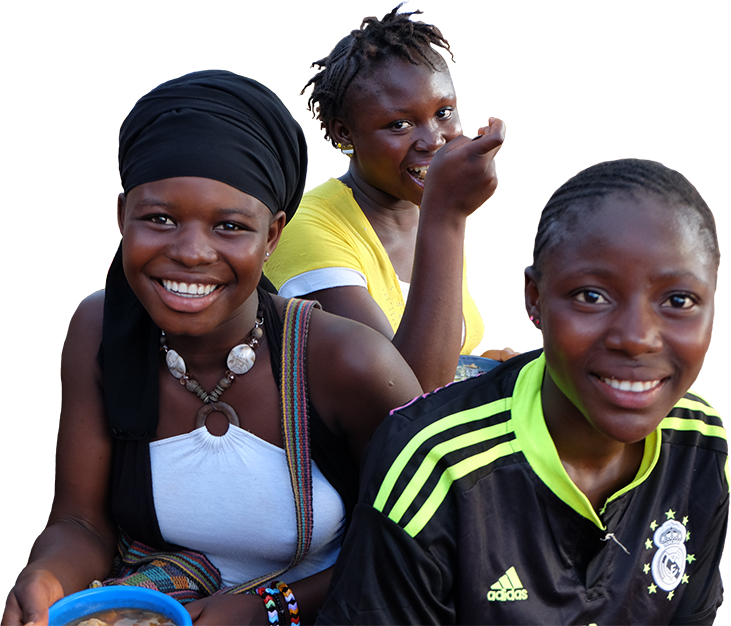Nutrition services typically do not prioritize adolescents and adolescent-friendly health services rarely include nutrition. Nutrition services need to be responsive to adolescents’ unique needs and priorities and address the barriers they face in accessing services. Programs must consider the diversity of adolescents’ situations and experiences, as well as the varied social norms and expectations of adolescents in the family and community. The Adolescent Nutrition Resource Bank includes guidelines and tools used in nutrition services for adolescents.If you have relevant service delivery documents or tools, please send them to info@advancingnutrition.org.
We found 136 resource(s)
Tanzania National Multisectoral Nutrition Action Plan (NMNAP) 2016-2021: From Evidence to Policy to Action
Policy published by Prime Minister's Office, Tanzania in
Tanzania's National Multisectoral Nutrition Action Plan aims to improve maternal, infant, young child, and adolescent nutrition. The plan includes a focus on increasing school attendance among adolescent girls, using schools as an arena for health and nutrition interventions, and targeting communications to increase adolescent knowledge and…
A Time of Transition: Adolescents in Humanitarian Settings
Occasional Paper published by Plan International UK in
This report describes Plan International's work with adolescents in humanitarian settings. It includes summary data on the needs of adolescents in times of crises; mapping of the work Plan does with adolescents in humanitarian action (including nutrition); identifying trends in the work of other agencies with adolescents; and recommendations for…
Improving Nutrition In Adolescent and School-Aged Children
Guideline/Guidance published by UNICEF in
This toolkit provides an overview of interventions implemented in the East Asia and Pacific regions and globally to prevent obesity in school-age children and adolescents. The toolkit explores interventions delivered through schools or using schools as a resource.
Adolescent Nutrition Policy and Programming in SUN countries
Technical Report published by Save the Children in
This report highlights the importance of adolescent nutrition and describes adolescent nutrition interventions, national policies, and the roles and responsibilities of adolescent services in Scaling Up Nutrition (SUN) countries and India. It also provides recommendations related to international policy, promising interventions, and research.
Review of Programmatic Experiences to Adolescent and Women's Nutritional Needs in Low and Middle Income Countries
Technical Report published by SPRING in
This report reviews the approaches used, practices promoted, and lessons learned by projects designed to improve the nutrition of adolescent girls and WRA in LMICs. It provides information on global programmatic experiences and summarizes inputs, outcomes, and lessons learned from implementers carrying out nutrition programs for WRA. Policy and…
Health and Life Skills Curriculum - Kibera (Nutrition section, pg 84)
Training Material published by Population Council in
This curriculum, developed in Zambia and adapted for the Kenyan context, aims to provide health education (reproductive health, nutrition, life skills) in weekly "safe space" groups, led by a mentor. The curriculum includes instructions for group facilitators and interactive lesson plans and activities on key topics related to adolescent…
How to Integrate Children's Participation in Health and Nutrition Programming
Guideline/Guidance published by Save the Children in
This guide was developed to enable Save the Children’s health and nutrition staff and partners to better support the meaningful participation of children and young people in health and nutrition programs. It focuses on opportunities for children’s involvement in maternal, newborn, and child health and nutrition, especially at the community and…
Guineau-Bissau PLANO ESTRATÉGICO DE NUTRIÇÃO 2015-2019
Policy published by Ministeria de Saude Publica, Republica de Guine-Bissau in
This document is the Guineau-Bissau overarching nutrition strategy. The strategy promotes optimal nutrition for children from 6 months to 19 years of age, and advocates for good nutrition practices for children, young people, and adolescents at schools, health centers, and women's literacy centers.



